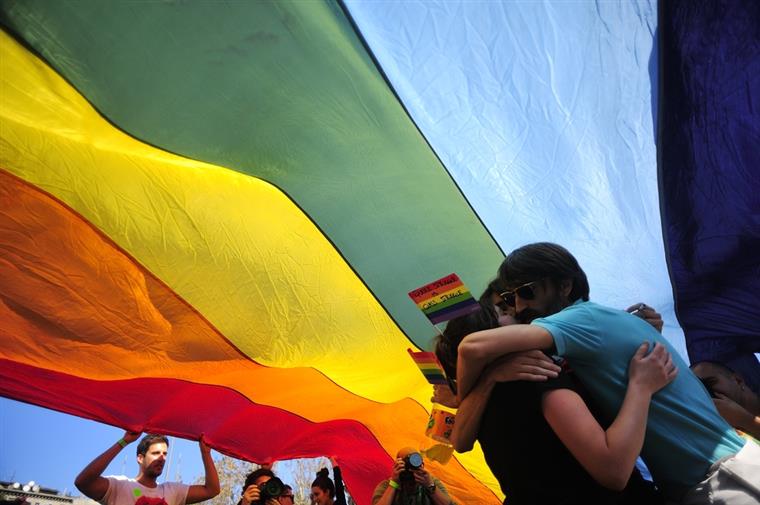Across the world, LGBT people face different challenges to their non-LGBT peers. This may be the risk of being fired from your job, being ostracised by your friends and family and even being faced with verbal or physical abuse.
Clearly there is a lot of work that still needs to be done, but with the changing attitudes of LGBT people, some countries are making huge strides.
A new report from The Guardian details some of these steps forward, and the publication also speaks to activists about the positive changes coming to their countries.
Taiwan has a reputation for being the most ‘gay-friendly place in Asia’ and though Victoria Hsu, chief executive officer of the Taiwan Alliance to Promote Civil Partnership Rights calls this an “illusion”, there is big change on a government level.
The country’s newly elected president, Tsai Ing-Wen, supports same-sex marriage and same-sex couples can record their partnerships at household offices in Taipei, giving them access to more rights. Hsu and other activities are currently lobbying for social housing rights, equal opportunities for government employees and more.
Elsewhere in Asia, Nepal recently allowed people to add a third gender, O, to their passports, as opposed to M or F and in September, it added LGBT protections to its constitution.
Meanwhile, in Vietnam, same-sex marriage is “tolerated” by the state (though same-sex couples don’t have the same rights as opposite sex ones) and in December, a law was passed to allow people who have had reassignment surgery to register as a new gender.
In the Americas, The Guardian highlights big changes in Jamaica and Colombia. A historically, homophobic country (which stems from colonial times), Jamaica still has a law against sodomy but this year, activist Maurice Tomlinson will challenge that law in court.
The country’s justice minister, Mark Golding, and the mayor of Kingston, Angela Brown Burke, have both voiced their support for Pride events. On the other hand, Colombia may be an incredibly Catholic country but its government has voiced its support for marriage equality and late last year, it lifted restrictions on same-sex couples adopting children.
And finally, in 2015, Mozambique decriminalised homosexuality. There are still serious challenges posed LGBT people in the African nation though, as the country’s only gay rights organisation, Lambda, has been waiting for seven years for recognition fro the government (which will give them access to funding and allow them to be tax exempt).


